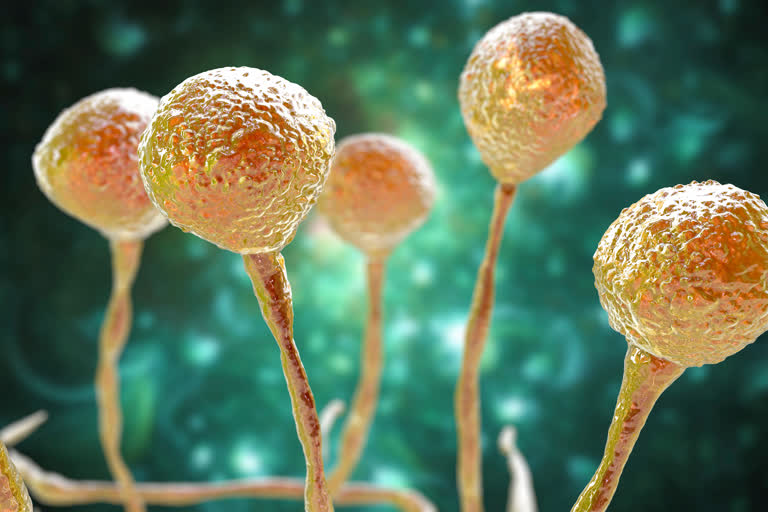While the new strain of the coronavirus has already left people devastated across our country, this post-recovery condition is worrying them, as it spreads rapidly in the body and can also be fatal if the symptoms are ignored and treatment is delayed.
What do You Need To Know?
Currently, where everyone in our country is extremely exhausted fighting the battle with the new strain of COVID-19, a new post-recovery condition that is creating a havoc amongst the patients is the Black Fungal infection, also called Mucormycosis, which is known to spread very quickly and complicate or even be fatal if not treated on time.
The infection has been strongly linked to uncontrolled sugar levels, an issue which can be seen in patients who have had steroids as a part of their COVID-19 treatment that is considered responsible for shooting up the blood sugar levels, especially in diabetic patients. It can be properly treated if diagnosed on time and can be prevented as well.
What Is Mucormycosis?
The Centers for Disease Control and Prevention (CDC) defines Mucormycosis as, “a serious but rare fungal infection caused by a group of molds called mucormycetes. These molds live throughout the environment. Mucormycosis mainly affects people who have health problems or take medicines that lower the body’s ability to fight germs and sickness. It most commonly affects the sinuses or the lungs after inhaling fungal spores from the air. It can also occur on the skin after a cut, burn, or other types of skin injury”.
Risk Factor, Symptoms To Look For, and Teams To Approach
Since the situation has become worrisome and more and more people are presenting the symptoms of this particular infection post-COVID-19 recovery, the Indian Council of Medical Research (ICMR) has released an evidence-based advisory. Here are some things you need to know as mentioned by ICMR.
Who is vulnerable?
- Uncontrolled diabetes mellitus
- Immunosuppression by steroids
- Prolonged ICU stay
- Comorbidities – post-transplant/malignancy
- Voriconazole therapy
Symptoms to look for
- Sinusitis – nasal blockage or congestion, nasal discharge (blackish/bloody), local pain on the cheek bone
- One sided facial pain, numbness, or swelling
- Blackish discoloration over the bridge of nose/palate
- Toothache, loosening of teeth, jaw involvement
- Blurred or double vision with pain; fever, skin lesion; thrombosis & necrosis (eschar)
- Chest pain, pleural effusion, hemoptysis, worsening of respiratory symptoms
Dos and Don'ts
Dos:
- Control hyperglycemia
- Monitor blood glucose level post-COVID-19 discharge and also in diabetics
- Use steroid judiciously – correct timing, correct dose, and duration
- Use clean, sterile water for humidifiers during oxygen therapy
- Use antibiotics/antifungals judiciously
Don’ts:
- Do not miss warning signs and symptoms
- Do not consider all the cases with the blocked nose as cases of bacterial sinusitis, particularly in the context of immunosuppression and/or COVID-19 patients on immunomodulators
- Do not hesitate to seek aggressive investigations, as appropriate (KOH staining & microscopy, culture, MALDI- TOF), for detecting fungal etiology
- Do not lose crucial time to initiate treatment for mucormycosis
Also Read: The New Strain Of COVID-19 Affecting Kids? Do Not Panic
Therefore, if you notice any symptoms of the black fungal infection, immediately contact your doctor to understand what further treatment is required. ICMR has named some of the medical teams that work the best and can be approached, which are:
- Microbiologist
- Internal Medicine Specialist
- Intensivist
- Neurologist
- ENT Specialist
- Ophthalmologist
- Dentist
- Surgeon (maxillofacial/plastic)
- Biochemist



